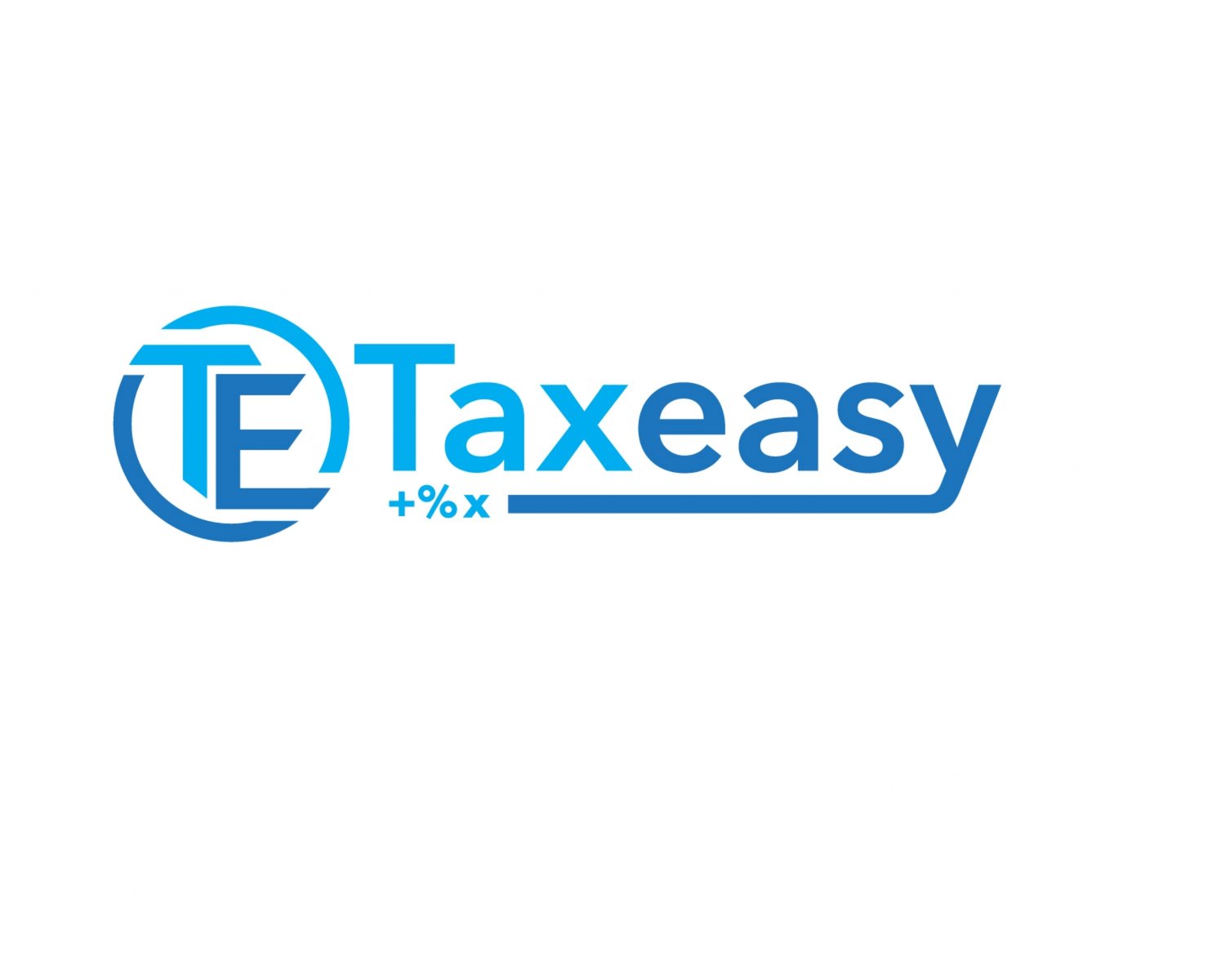We bring the highlight’s of the Labour Government budget:
"Non dom" tax system will be abolished
National Minimum Wage to rise by 6.7%
No increases to rates of Income Tax, National Insurance or VAT for working people
Stamp duty rising from 2% to 5% for people buying more than one dwelling.
Spending on state pension is projected to rise 4.1% in 2025-26
Inheritance Tax threshold freeze extended to 2030
Government to invest £5bn for house building
Increase to Employment Allowance
To help smaller businesses, the Employment Allowance will increase from £5,000 to £10,500, meaning 865,000 employers won't pay any National Insurance, allowing them to retain more of their earnings and reinvest in growth.Fuel Duty Frozen for Next Year
Fuel Duty will be freezed and maintain the existing 5p cut for another year too. There will be no higher taxes at the petrol pumps next year.
Draft Alcohol Duty Cut
For businesses involved in the production or sale of draft alcohol, products below 8.5% ABV will receive a reduction on alcohol duty by 1.7% meaning good news for consumers.Employer's National Insurance to Rise to 15%
National Insurance contributions will rise from 13.8%, the threshold at which businesses start paying NI on workers' earnings will also be lowered from £9,100 to £5,000.
Business Rates to be Updated
The current 75% discount to business rates which was due to expire in April 2025, will be replaced by a discount of 40%- up to a maximum discount of £110k.



